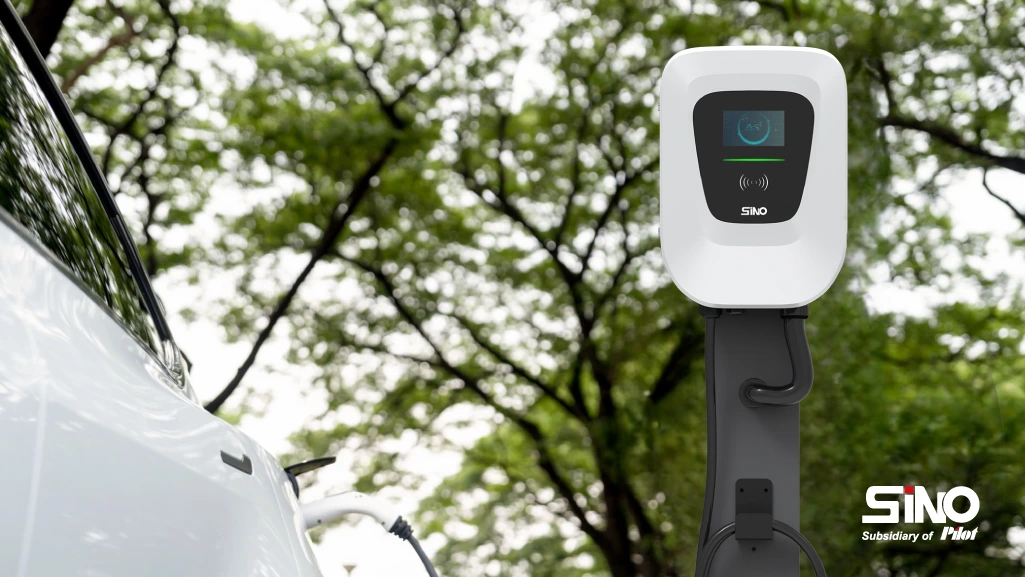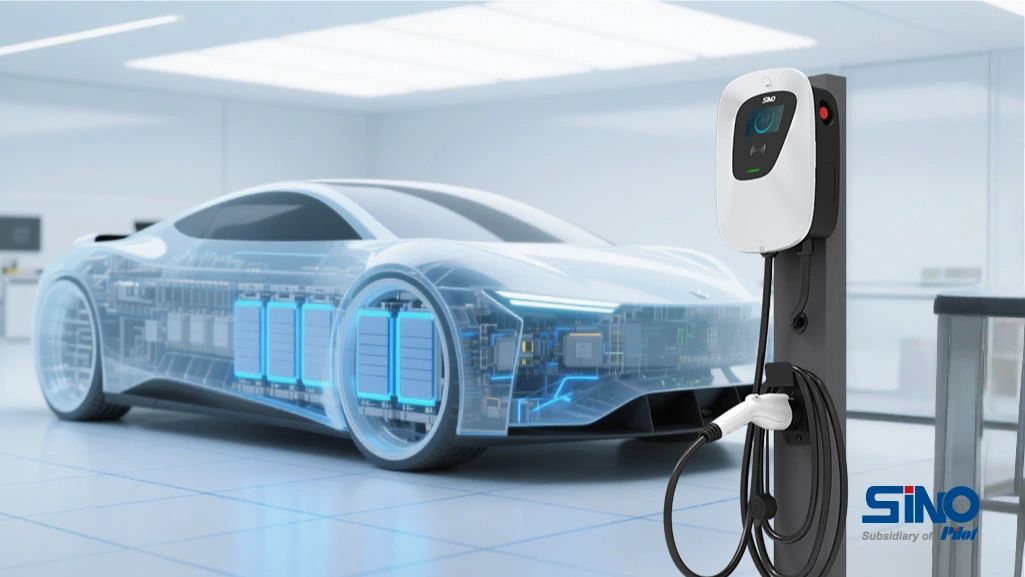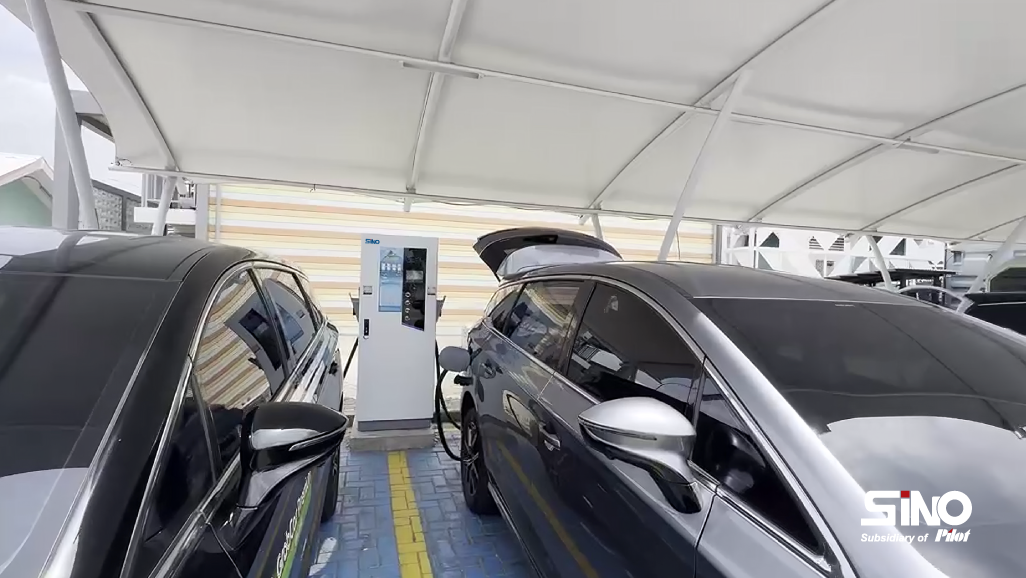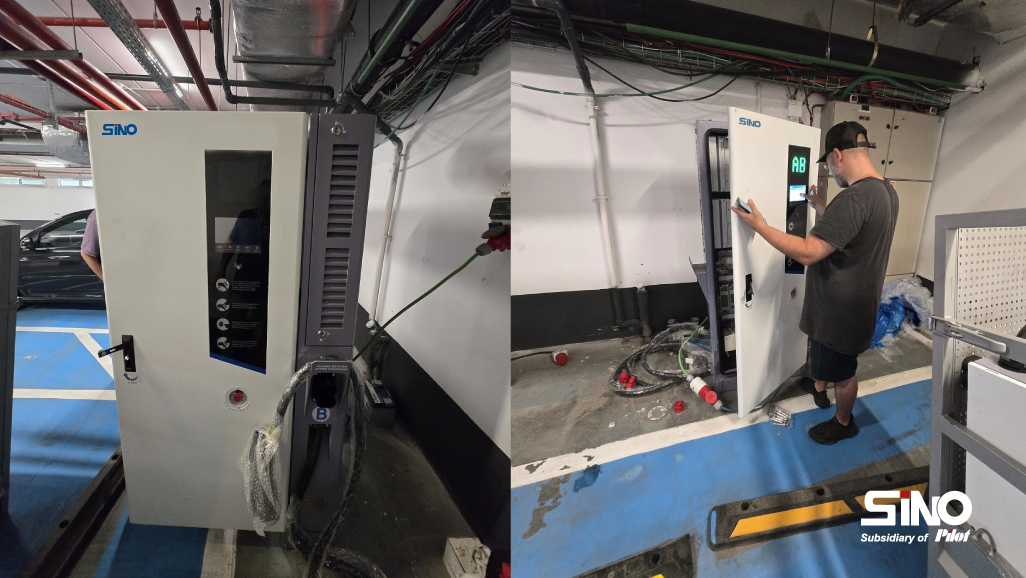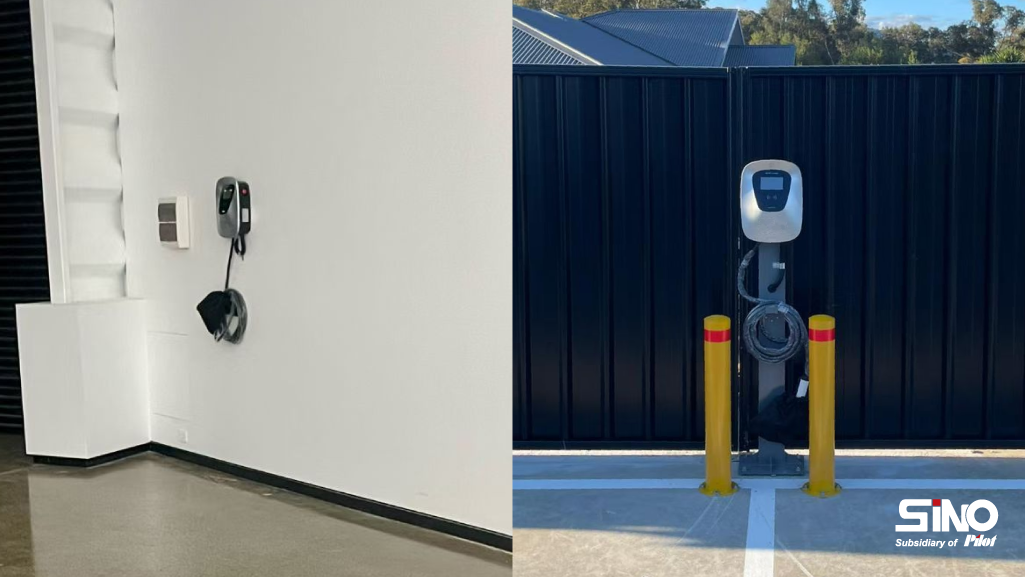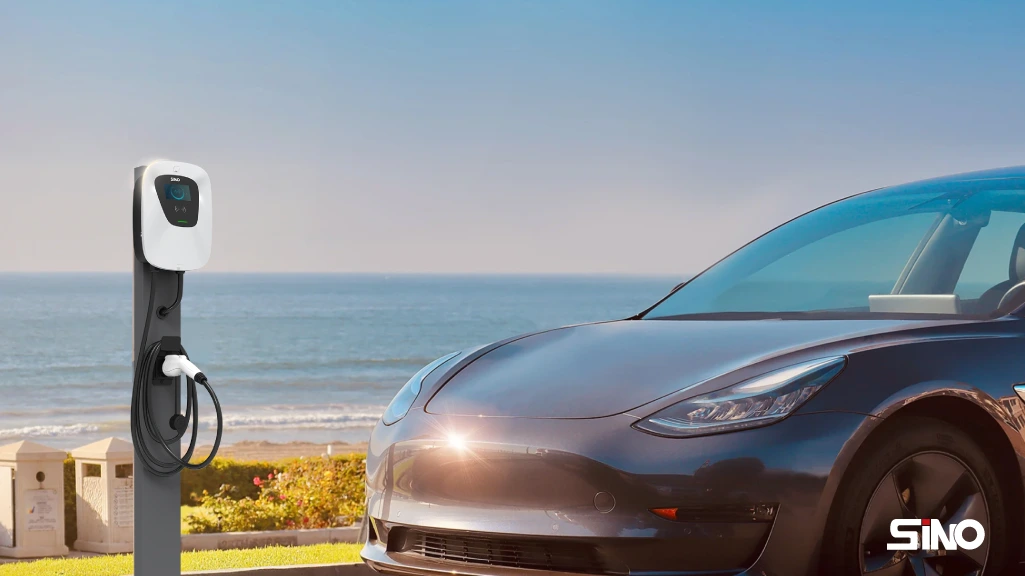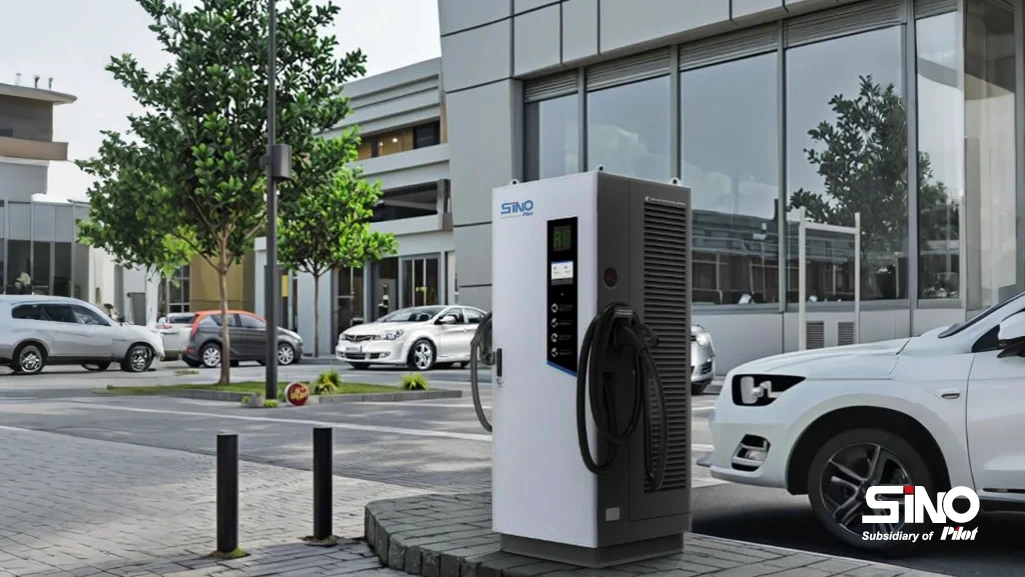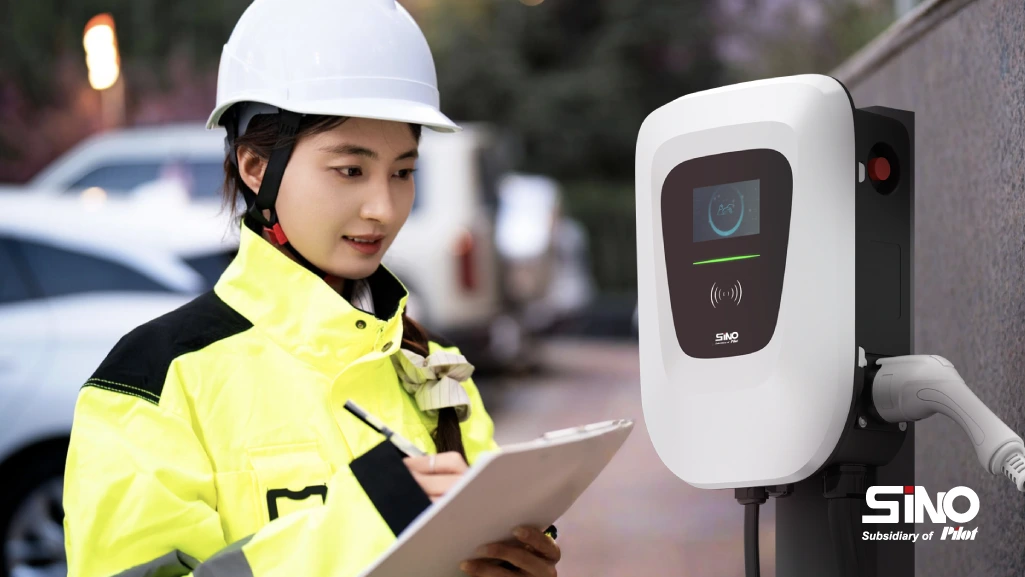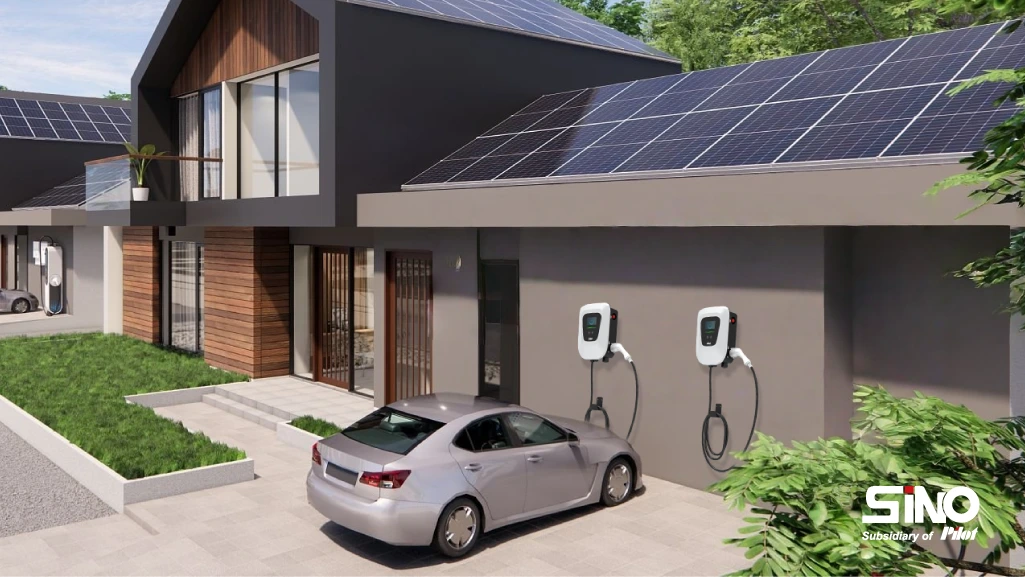As electric vehicles (EVs) continue to surge in popularity worldwide, the infrastructure to support them, particularly EV charging stations, has become a focal point for many consumers. While EVs offer numerous environmental benefits, understanding how charging works can sometimes be confusing. This blog aims to answer the top 10 most frequently asked questions about EV charging stations to help you make informed decisions about your EV charging needs.
1. What is an EV charging station?
An EV charging station is a facility that supplies electric energy to electric vehicles through various types of connectors. These stations are essential for the operation of EVs and can be found in public spaces, homes, businesses, and more. Types of EV chargers include Level 1 (slow chargers for home use), Level 2 (faster chargers found in public spaces and homes), and DC fast chargers (found at highway stations for rapid charging).
2. How do EV charging stations work?
EV charging stations work by transferring electricity from the grid to an electric vehicle’s battery through a charging cable. Depending on the type of charger and the battery capacity of the vehicle, the charging process may take anywhere from a few hours (Level 2) to just 30 minutes (DC fast charging).
The charging station is connected to the grid, and the charger regulates the current to safely charge the vehicle’s battery without overloading the system.
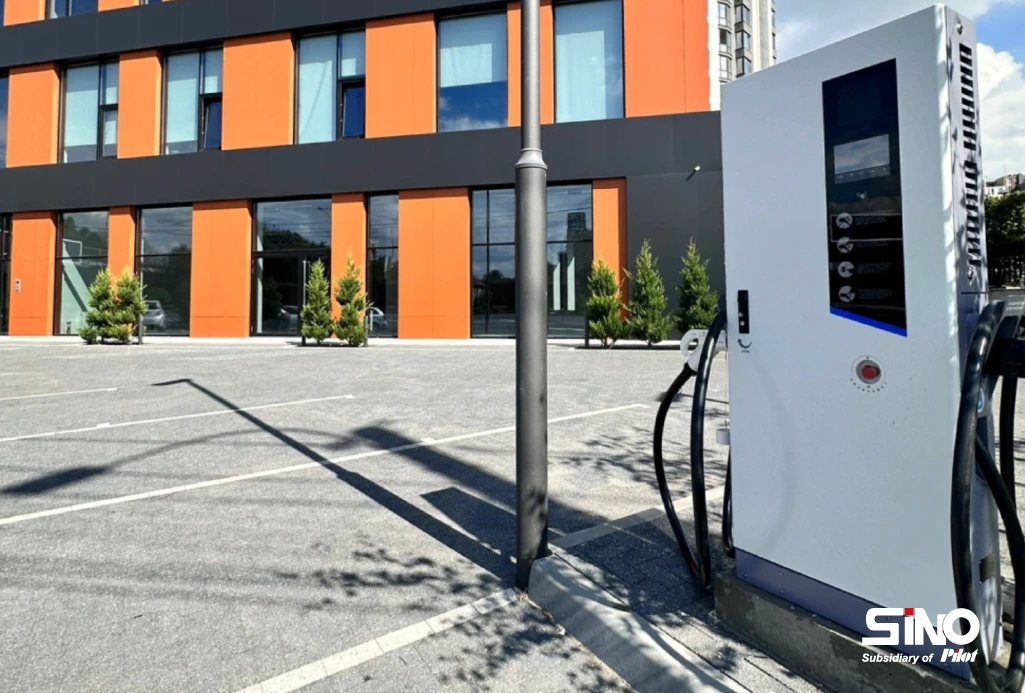
3. What are the different types of EV charging stations?
- Level 1 Charging: This is the slowest form of charging, requiring a standard 120V outlet. It’s usually installed at home and can take up to 12 hours for a full charge.
- Level 2 Charging: Requires a 240V outlet, often found in public charging stations and homes. It provides a faster charge, typically within 4-8 hours.
- DC Fast Charging: Offers the quickest charge, replenishing up to 80% of the battery in just 30 minutes, ideal for long road trips or quick stops at highway stations.
4. How long does it take to charge an electric vehicle at a charging station?
Charging time depends on the type of charger, battery capacity, and vehicle usage. For example, using a Level 2 charger may take about 4-8 hours to fully charge an EV, while a DC fast charger can recharge a car up to 80% in around 30 minutes. At home, charging can take overnight, depending on your charger.
5. Are EV charging stations free?
While some public charging stations are free (such as at certain workplaces or shopping malls), many require payment. Charging stations often charge based on either the energy consumed (per kWh) or the time spent charging. It’s crucial to check the pricing model before using the charger.
6. How much does it cost to charge an electric vehicle?
The cost of charging varies widely by location and type of charger. On average, public charging can cost anywhere from $0.10 to $0.30 per kWh. For home charging, the cost depends on the local electricity rate and the size of the vehicle’s battery. Generally, charging an EV is cheaper than refueling a gas-powered car.
7. Can I install a home EV charging station?
Yes, installing a home charging station is a great option for EV owners. Installation involves setting up a Level 2 charger at your home, usually requiring an electrician to ensure the installation is done safely and within local building codes. Many utility companies also offer incentives to make home installation more affordable.
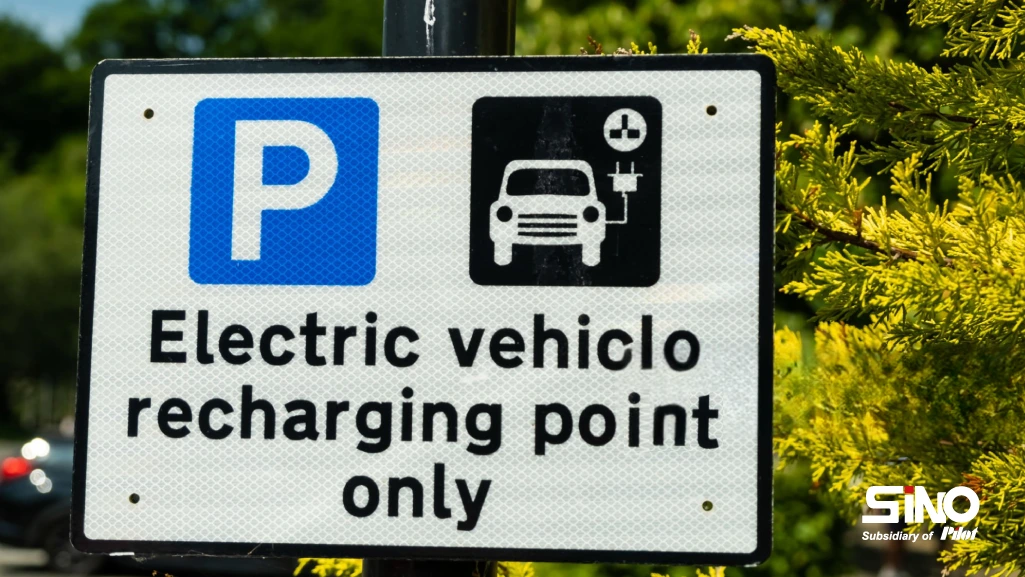
8. How do I find EV charging stations near me?
There are numerous tools and apps available to help EV drivers locate nearby charging stations. Popular platforms include PlugShare, ChargePoint, and Google Maps. These apps allow you to search for chargers, check availability, and even view pricing and reviews.
9. What should I do if my EV doesn‘t charge properly at a station?
If your EV doesn’t charge, check for a secure connection between the vehicle and the charger. If the issue persists, try a different charging station. If your charger is malfunctioning, contact customer service for troubleshooting. Many networks also have support lines for immediate assistance.
10. Are EV charging stations available in remote or rural areas?
While charging stations are becoming more widespread, they are still less common in rural areas. However, the infrastructure is expanding, and EV-friendly regions are increasingly providing charging stations in remote locations, including rural towns, highways, and even rural destinations.
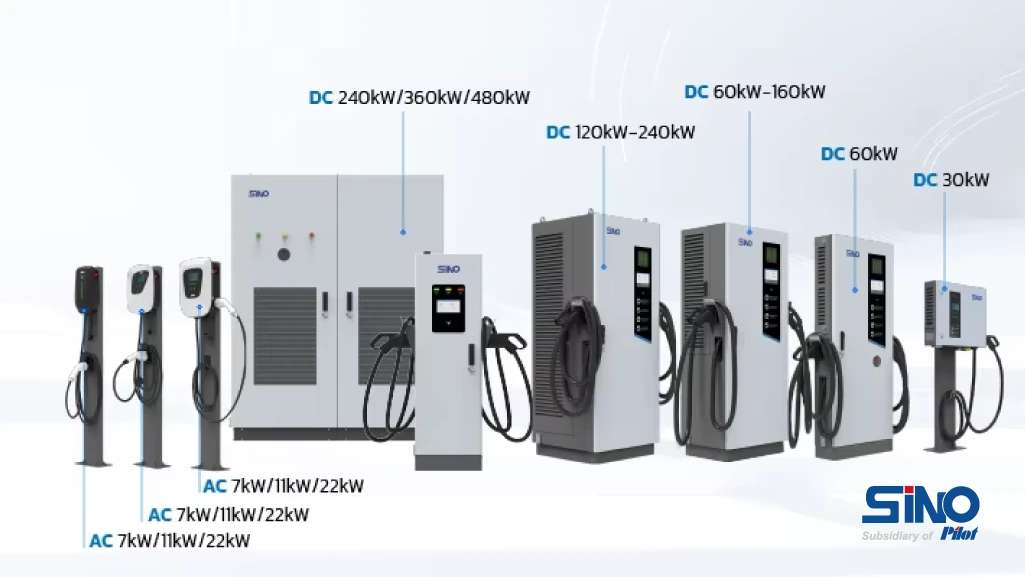
Conclusion
As EV adoption continues to rise, understanding how charging stations work is essential for any EV owner. Whether you’re considering installing a charger at home or finding public stations while on the go, this guide has hopefully answered your top 10 questions. If you have any further queries, feel free to leave them in the comments below!
Our Social
Facebook: www.facebook.com/sinoevc
Instagram: www.instagram.com/sinoevc
Linkedin: www.linkedin.com/company/sinoevse
Youtube: www.youtube.com/@sinoevc
Twitter: www.twitter.com/sinoevc

“Charging for A Better Life”
—Zhuhai Sino Energy Technology Co.,Ltd.



